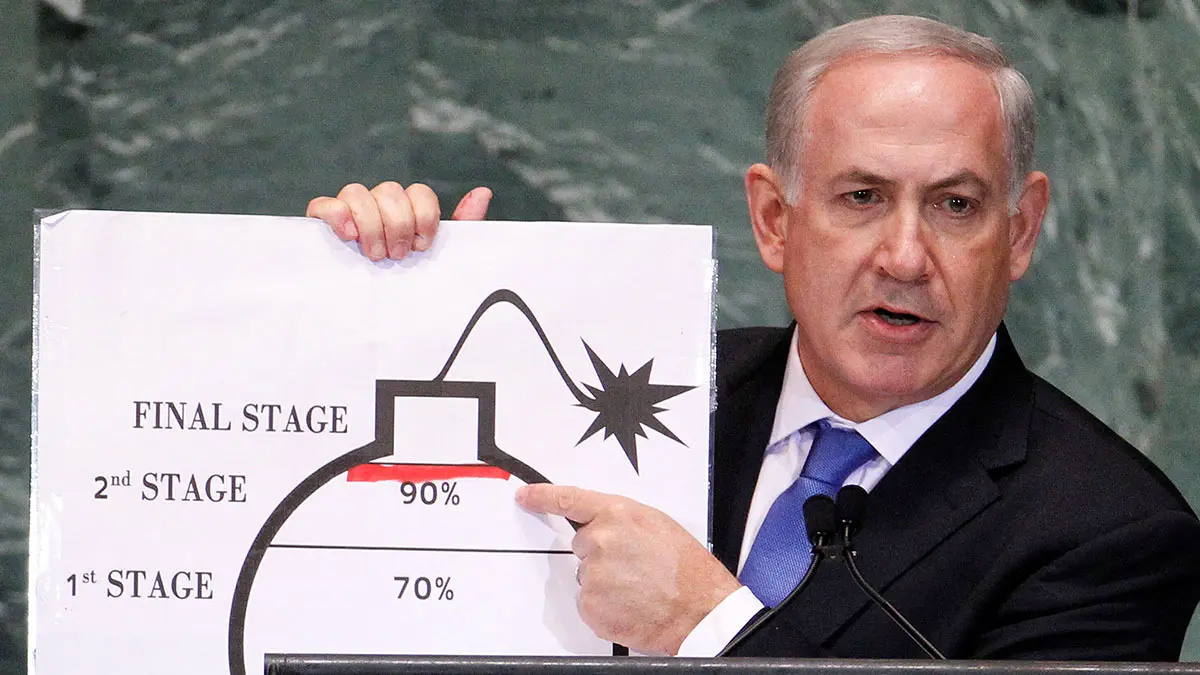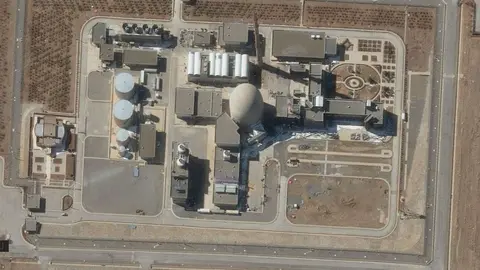Israel, Iran, and the new regional order in the Middle East

Having lost control of Syria, with its influence in Iraq under threat and the operational capacity of allied terrorist groups in various territories reduced, Iran now appears to be a regional power in decline.
After a decade of highs and partial victories for its guerrillas and lows with a bankrupt economy, the Shiite Islamic Republic faces an uncertain future, at the mercy of the support it can receive from Russia and China. It is now further removed from the process of reconfiguring the map of influence in the Middle East, in which the United States maintains its presence and the Gulf monarchies and Turkey are gaining prominence.
In this context, Israel has decided to shift the focus of public opinion to a bilateral confrontation with Iran and thus away from Gaza. In this way, it aims to incorporate the Palestinian conflict into the sum of political processes that may unfold in the region.
With the rise to power of Sunni Islam in Syria and the reduction of tension with Kurdish minorities, Turkey's influence is projected into a space that could expand into Iraq.
Iran's progressive geopolitical isolation was completed a few weeks ago with the security agreements between the United States and various Arab countries on the Arabian Peninsula, which are forcing a reorganization of the regional order, where tension between the Saudis and Iranians would cease to be the essential element, provided that the nuclear program does not alter the new distribution of power.
This new scenario dilutes China's attempt to mediate between Saudi Arabia and the ayatollahs and at the same time reduces both its geopolitical significance and China's ability to establish itself as an influential power in the Middle East, which loses the value it seemed to have a few months ago when its diplomatic intervention secured the reopening of embassies in both countries and the mutual restoration of relations.
Israel, with its back against the ropes in the ring of international opinion, has put Iran on the ropes in the regional arena. And in this new arena, Netanyahu could seek a way out of the humanitarian and political blockade he is causing in Gaza with his strategy of hardening and continued violence. The commitment to unilateral action is not new in the region, but rather a tactic used by the Israelis in the past, against Iran itself or in other territories such as Syria or the Golan Heights.
But on this occasion, the risk is greater. With the Iranian regime threatened with collapse, Tehran's strategy could be to seek broader international support by linking the victimization of the Palestinians in Gaza to aggression against the Iranian people and Shiite minorities. At the same time, it could attempt to interfere in the reconfiguration of the new regional order and weaken US leadership in the process.
There is a fine line between complexity and chaos that politics must strengthen. At this extremely difficult time, diplomatic channels must be pursued that link the de-escalation of the confrontation between Israelis and Iranians with an immediate end to armed action in Gaza.
Only from this scenario can a more secure and stable regional order be proposed, where nuclear non-proliferation is considered an essential requirement. In which the rights of the Palestinian people can be politically channeled through a realistic and non-ideological review of the conflict. But with new leaders who do not perpetuate the use of violence to achieve unattainable goals, nor the indiscriminate control of power.


